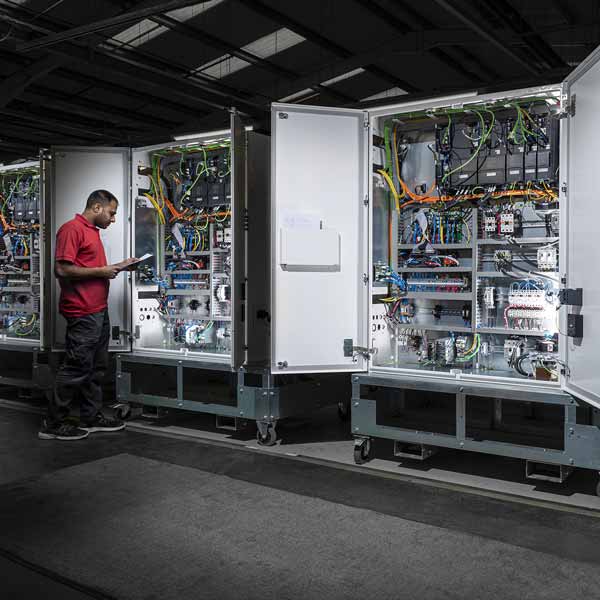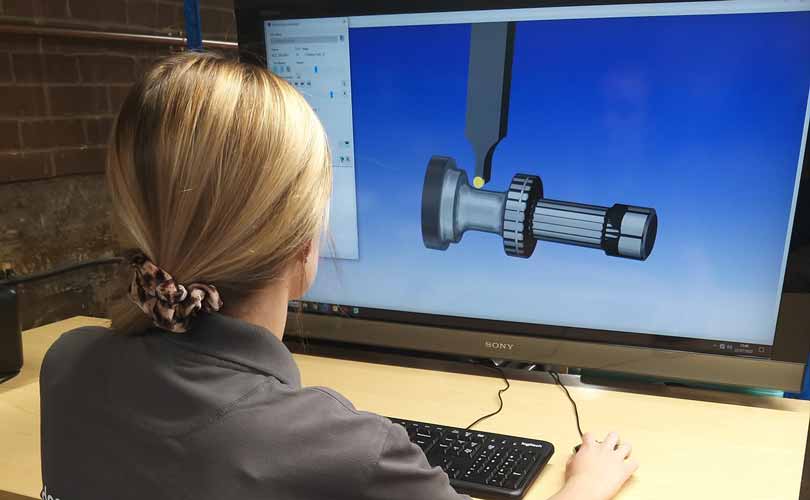For many years, even when he was Prime Minister of Finland, Juha Sipilä has relaxed by designing and milling a variety of items.

Now he has taken his hobby to a higher level, with a new four-axis CNC machine tool and Surfcam CADCAM software from Hexagon’s global portfolio. He machines aluminium, brass, plastic and wood, and was looking to upgrade his milling machine and CNC router, along with the software to drive them.
Before entering politics, Sipilä was an industrialist, owning a number of manufacturing companies, which gave him his first taste of machining. And he quickly realised that physically making things with his hands helped him to relax and solve abstract business issues.
Surfcam has totally changed how Sipilä uses both CAD and CAM. Typically, he today creates a 3D model in Surfcam Designer and exports it into Surfcam Traditional for producing fast, accurate tool paths. He is particularly impressed with the ‘Waveform Roughing’ strategy for milling aluminium and brass. “My CNC machine has a spindle speed of 24,000 rpm, so Waveform means I can have light cutting with fast feed rates,” he says.
Sipilä has already undergone initial training on Surfcam Designer and basic two- and three-axis machining, and will complete training on four- and five-axis tool paths later in the year. As Prime Minister he was not able to pursue his love of producing lifestyle products as much as he would have liked, but now his duties as an MP mean he has more time – and with his new machine tools and software he is looking forward to creating many more.”
For further information www.surfcam.com
























